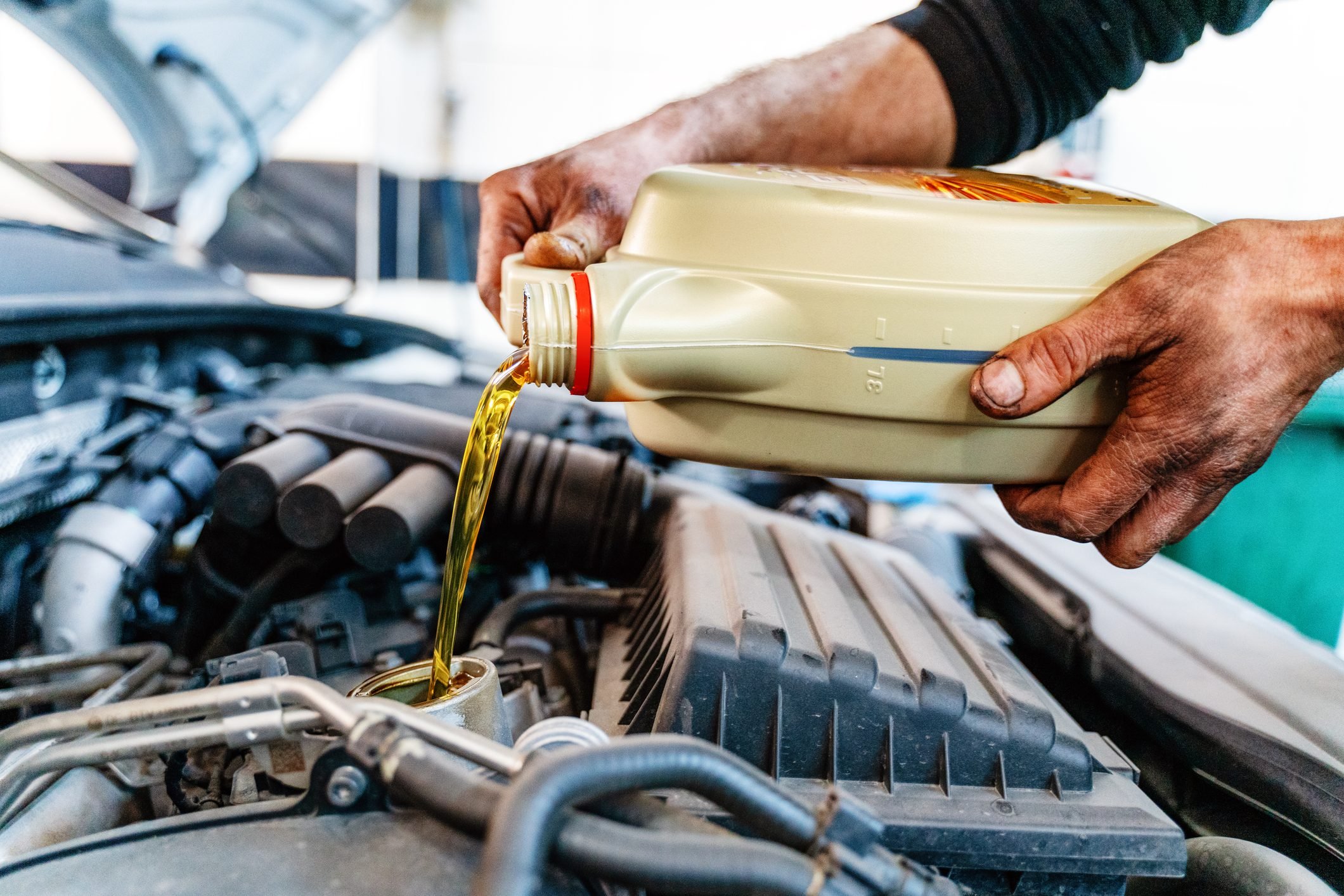Optimize Your Cars and truck'S Performance With Normal Oil Changes
Maintaining your car's performance is a diverse venture, with routine oil adjustments standing out as an essential element. Fresh engine oil plays a pivotal role in ensuring optimum lubrication, reducing friction, and preventing wear on vital parts. Several drivers neglect the indications that suggest a requirement for an oil adjustment, possibly endangering their car's durability.
Significance of Routine Oil Changes
While many vehicle owners might forget the relevance of routine oil modifications, overlooking this essential maintenance job can result in serious consequences for engine efficiency and long life. Engine oil plays a crucial function in lubricating relocating components, decreasing friction, and protecting against getting too hot. In time, oil weakens due to direct exposure to heat and impurities, which lessens its efficiency.
Failing to transform the oil on a regular basis can lead to the accumulation of sludge and particles, which can obstruct vital engine parts and result in enhanced wear. This not only endangers engine effectiveness but can also result in pricey repair work or perhaps overall engine failure. In addition, old oil loses its ability to counteract acids created throughout combustion, which can cause deterioration and further damages.
Moreover, several automobile manufacturers advise particular oil adjustment intervals, usually based on gas mileage or time. Sticking to these standards is important for keeping warranties and making sure optimal automobile performance. In summary, normal oil changes are not simply a recommendation; they are an essential element of responsible automobile upkeep that protects the engine and improves total performance. Prioritizing this task will certainly contribute considerably to the long life and dependability of any kind of automobile. Oil Change Lockhart.
Benefits of Fresh Oil
Transforming to fresh oil uses countless advantages that straight enhance engine performance and efficiency. One of the primary advantages of fresh oil is its exceptional lubricating buildings. New oil lowers rubbing in between engine parts, which not just reduces wear however likewise adds to smoother operation. This leads to improved fuel efficiency, as the engine does not have to work as hard to conquer resistance.
Furthermore, fresh oil efficiently cleans up the engine by putting on hold impurities and preventing sludge accumulation. With time, oil ends up being polluted with dirt, metal particles, and combustion byproducts. Routinely replacing oil makes certain that these dangerous compounds are removed, advertising a cleaner and healthier engine setting.
Additionally, fresh oil aids in optimal temperature level policy. It dissipates heat better, avoiding overheating and possible damage to engine parts. This is especially important throughout peak performance scenarios, where warm buildup can harm engine performance.
Signs Your Oil Requirements Changing
Engine oil is the lifeline of your vehicle, and identifying when it needs changing is important for keeping optimal efficiency - Oil Change Lockhart. A number of indicators indicate that it's time for an oil modification, and remaining vigilant can prevent engine damages and pricey repair work
First, inspect the shade and consistency of the oil. Fresh oil is normally brownish-yellow and smooth, while old click for info oil may show up dark and gritty, showing contamination and reduced efficiency. An adjustment in viscosity can also symbolize that the oil has actually broken down and is no more effectively lubricating engine components.

One more indication is the oil change light on your dashboard. This sharp functions as a reminder that the oil has reached its life expectancy or that there is a hidden concern requiring attention. Additionally, unusual engine noises, such as knocking or ticking, may recommend not enough lubrication as a result of abject oil.
Lastly, if you notice oil spots or puddles under your car, it may show a leak that necessitates instant inspection and possible oil modification. Being alert to these indicators will certainly guarantee your engine runs efficiently and successfully.
Picking the Right Oil
Choosing the suitable oil for your vehicle why not try these out is vital for making certain optimum performance and longevity. This support will route you toward the proper viscosity quality, such as 5W-30 or 10W-40, which shows the oil's thickness at various temperatures.
Next, consider the kind of oil: traditional, synthetic, or a mix. Traditional oil is originated from unrefined oil and appropriates for older lorries, while artificial oil provides superior defense and performance for modern-day engines, particularly under severe conditions. Artificial blends integrate the benefits of both and are commonly an economical option.
Furthermore, look for oils that fulfill industry criteria, such as API (American Petroleum Institute) or ACEA (Organization des Constructeurs Européens d'Automobiles) accreditations. These signs make certain that the oil has actually been tested for high quality and efficiency. Ultimately, selecting the ideal oil not just improves engine performance however likewise adds to the overall health and wellness of your vehicle, leading the way for smoother driving experiences.
Oil Adjustment Frequency Recommendations

Factors influencing oil change frequency include driving problems, such as stop-and-go traffic, severe temperatures, and towing hefty loads. Under serious conditions, it could be prudent to transform the oil much more regularly to stop engine wear. Additionally, some contemporary vehicles come furnished with oil life surveillance systems that offer tailored suggestions based upon driving routines, which can further enhance the oil adjustment routine.
It's critical to consult your owner's guidebook for specific suggestions customized to your lorry. Complying with these guidelines not just maintains engine wellness but likewise boosts fuel efficiency and decreases discharges. Finally, routine oil adjustments, timed appropriately based on various factors, are a basic facet of automobile upkeep that can significantly impact performance and long life.
Conclusion
